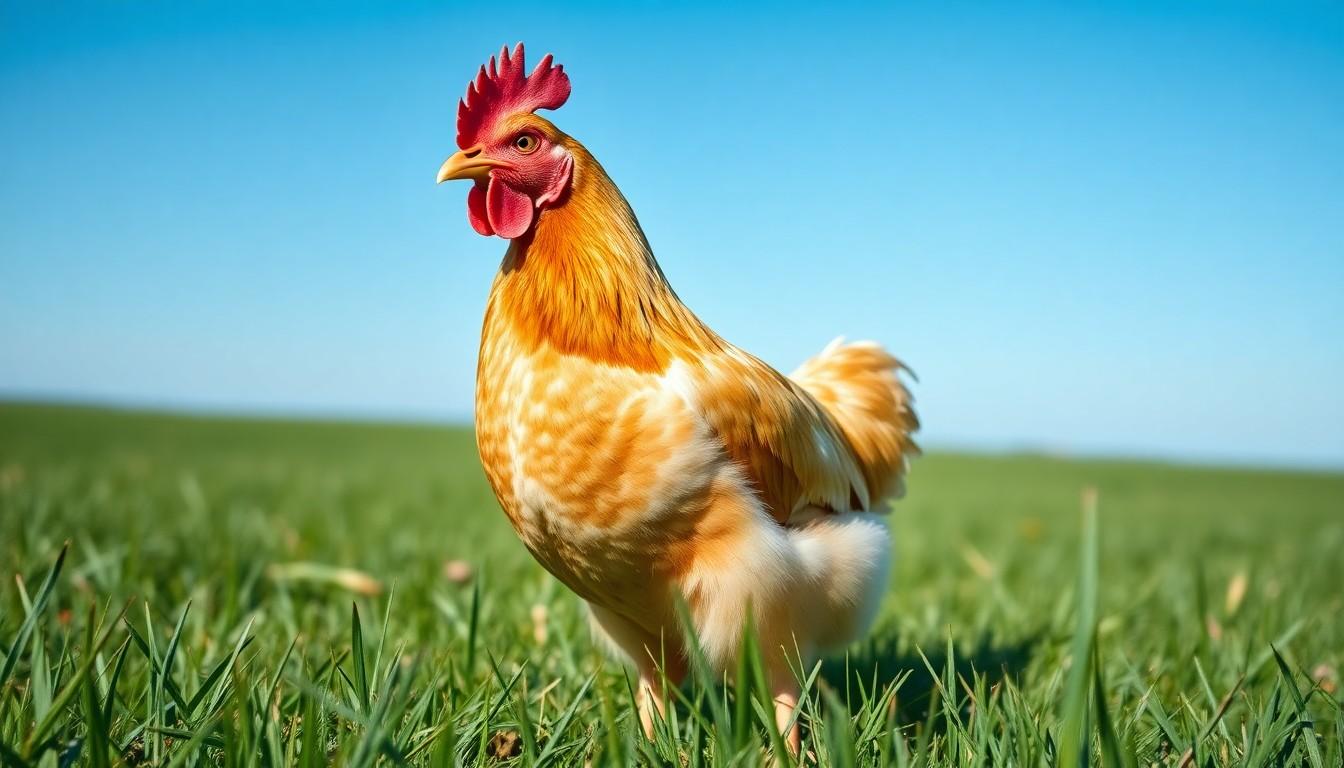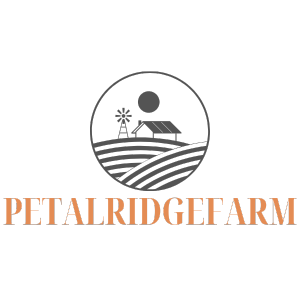In a world where eggs can be as confusing as a chicken crossing the road, organic egg poultry farming stands out like a sunny-side-up breakfast. With a growing demand for healthier, tastier options, more farmers are swapping traditional practices for organic methods. It’s not just about clucking around; it’s about giving hens a life that’s as free as their range.
Organic Egg Poultry Farming
Organic egg poultry farming focuses on raising hens in a way that supports their health and welfare. Farmers utilize organic feed, which contains no synthetic additives, pesticides, or antibiotics. Hens receive access to outdoor spaces, allowing them to exhibit natural behaviors such as foraging and dust bathing. This method results in healthier birds and higher-quality eggs.
Organic certification requires adherence to specific regulations set by the USDA. Compliance with these criteria benefits both farmers and consumers, ensuring that eggs meet established organic standards. Data shows that organic egg production has surged nearly 20% in the past year in the US, reflecting growing consumer demand for organic products.
Management practices in organic poultry farming differ from conventional methods. Farmers often use rotational grazing to promote soil health and hen well-being. Disease prevention emphasizes natural remedies and preventive measures rather than chemical treatments, leading to a more sustainable farming system.
The market for organic eggs continues to expand, driven by consumer awareness regarding food sourcing. Studies indicate that consumers are willing to pay up to 30% more for organic eggs compared to conventional options. This increase in price aligns with the perception of superior quality and ethical farming practices associated with organic products.
Sustainability plays a crucial role in organic egg production. Farmers often implement practices that reduce environmental impact, such as using renewable energy sources and minimizing waste. These practices foster not only animal welfare but also contribute to a healthier ecosystem.
Benefits of Organic Egg Poultry Farming

Organic egg poultry farming offers numerous benefits, enhancing both nutritional quality and environmental sustainability.
Nutritional Advantages
Organic eggs provide higher nutritional value compared to conventional options. These eggs often contain more omega-3 fatty acids and vitamins A and E, contributing to healthier diets. Studies indicate that organic eggs have less cholesterol and saturated fat, making them a heart-friendly choice. Free-range hens enjoy diverse diets, resulting in eggs with richer flavors and colors. Consumers increasingly recognize the value of organic eggs for their health benefits, leading to a notable increase in demand for these products.
Environmental Impact
Organic egg production significantly reduces environmental damage. Farmers use sustainable practices like crop rotation and natural fertilizers to maintain soil quality. They limit synthetic pesticide use, protecting local ecosystems from harmful chemicals. Implementing these methods enhances biodiversity on farms, which benefits surrounding wildlife. Organic poultry farming also promotes animal welfare, allowing hens to roam freely in natural environments. This holistic approach to farming fosters a sustainable food system that aligns with consumer preferences for environmentally friendly choices.
Challenges in Organic Egg Poultry Farming
Organic egg poultry farming presents several challenges that farmers must navigate. Increased costs and managing diseases significantly impact operations.
Cost Considerations
Organic egg production incurs higher costs than conventional farming. Costs for organic feed are often 30% more than standard options. Additionally, infrastructure investments for outdoor space contribute to initial expenses. Farmers may experience shorter profit margins, especially during the transition phase. Organic certification fees add further financial pressure. Despite these factors, consumers often pay a premium for organic eggs, which can offset some costs.
Disease Management
Managing diseases in an organic setting poses unique challenges. A significant reliance on natural methods makes conventional antibiotics unavailable. Farmers prioritize biosecurity measures to prevent outbreaks, such as controlling access to flocks. Regular health checks and vaccinations remain crucial to maintain hen well-being. The need for meticulous planning increases as organic farmers strive to reduce disease risks. Integrated pest management strategies further aim to minimize illness while adhering to organic standards.
Best Practices for Successful Organic Egg Production
Adopting best practices in organic egg production enhances the quality of eggs and supports hen welfare. Focus areas include feed and nutrition, housing and welfare.
Feed and Nutrition
Optimal nutrition for hens relies on organic feed containing essential nutrients. Organic feed must be free from synthetic additives, pesticides, or antibiotics. Farmers often provide a diet enriched with grains, legumes, and minerals to promote health and egg quality. In addition, offering access to forage enables hens to consume a diverse range of insects and plants, which contributes to the nutritional profile of eggs. Resultantly, eggs produced by well-fed organic hens contain higher omega-3 fatty acids and vitamins.
Housing and Welfare
Providing an appropriate housing environment significantly impacts hen welfare. Hens require access to outdoor spaces to encourage natural behaviors like foraging and dust bathing. Proper ventilation, nesting boxes, and perches enhance the living conditions for organic hens. Additionally, maintaining clean housing reduces the risk of disease while fostering a healthy environment. Farmers also emphasize humane treatment, establishing routines that prioritize hens’ comfort and reduce stress. Together, these factors lead to healthier birds and higher-quality eggs, aligning with consumer preferences for ethically produced products.
The Importance of Food Quality
Organic egg poultry farming represents a significant shift towards sustainable and ethical food production. As consumer demand for healthier options continues to rise farmers are embracing practices that prioritize animal welfare and environmental sustainability. The commitment to organic standards not only ensures high-quality eggs but also fosters a healthier ecosystem.
Despite the challenges inherent in organic farming such as higher costs and disease management the benefits far outweigh the hurdles. The willingness of consumers to invest in organic eggs illustrates a growing awareness of the importance of food quality and sourcing. This trend is likely to continue shaping the poultry industry as more farmers adopt organic practices and consumers seek out products that align with their values.

